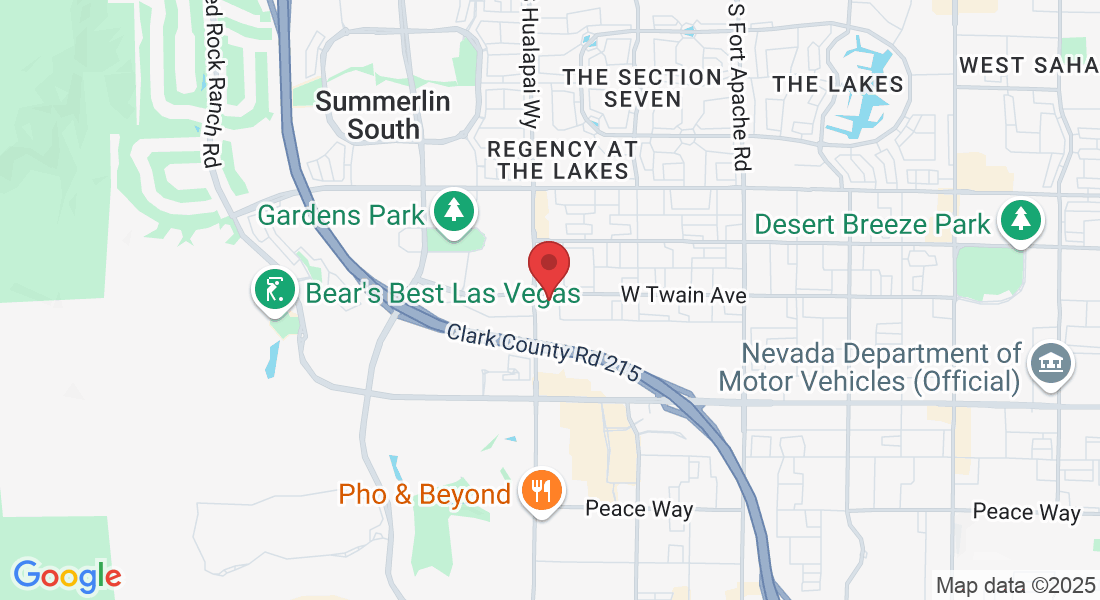
Estate Planning Guide: Protect Assets & Avoid Probate (2024)
Estate Planning & Asset Protection: Secure Your Legacy (Without the Headaches)
Death and taxes may be inevitable—but financial chaos for your family doesn’t have to be. Without proper estate planning, your hard-earned assets could end up in probate court, drained by taxes, or even lost to creditors.
The good news? A few smart steps now can protect your wealth, spare your loved ones unnecessary stress, and ensure your wishes are followed—whether you’re 35 or 75.
In this guide, you’ll discover:
✅ Key documents every estate plan needs (Hint: A will isn’t enough)
✅ How to shield assets from lawsuits, nursing homes, and taxes
✅ Real-life case studies of families who saved hundreds of thousands
✅ Common (and costly) mistakes to avoid
Why Estate Planning Isn’t Just for the Wealthy
Think estate planning is only for millionaires? Think again. If you own any of the following, you need a plan:
A home or property
Retirement accounts (IRA, 401k)
Life insurance policies
A small business
Even digital assets (social media, crypto)
Without clear instructions, your family could face:
Probate delays (6+ months of court battles)
Unintended heirs (ex-spouses, estranged relatives)
Medicaid clawbacks (nursing homes seizing assets)
Family disputes (70% of wills are contested!)
The 5 Must-Have Documents for Every Estate Plan
1. Will (Last Will & Testament)
Dictates who inherits your assets
Names guardians for minor children
Limitation: Still goes through probate (public court process)
2. Revocable Living Trust
Avoids probate (assets transfer privately)
Protects privacy (unlike public wills)
Allows control even if incapacitated
Case Study: A Florida couple saved their heirs $87,000 in probate fees by using a trust instead of just a will.
3. Financial Power of Attorney
Lets someone manage finances if you’re unable (e.g., dementia, coma)
Prevents court-appointed conservatorship
4. Healthcare Directive (Living Will)
Outlines medical wishes (life support, organ donation)
Names someone to make decisions if you can’t
5. Beneficiary Designations
Overrides wills for assets like:
Life insurance
Retirement accounts (IRA/401k)
Payable-on-death (POD) accounts
Big Mistake: Forgetting to update beneficiaries after divorce/remarriage.
Asset Protection: How to Shield Your Wealth
1. Trusts (Beyond the Basics)
Irrevocable Trusts: Remove assets from your estate (avoid estate taxes)
Medicaid Trusts: Qualify for nursing home coverage without losing your house
Spendthrift Trusts: Protect heirs from creditors/bad decisions
2. LLCs for Real Estate & Businesses
Separates personal and business liability
Slows down lawsuits (attackers can’t easily seize assets)
3. Homestead Exemptions
Many states protect primary homes from creditors (limits vary)
4. Umbrella Insurance
Extra liability coverage ($1M+ policies are surprisingly affordable)
Real-Life Planning Win: How a Doctor Avoided a $300K Disaster
Background: Dr. Lee, 52, had a $2M net worth but no trust. After a malpractice lawsuit, creditors came for his personal assets.
Solution:
Moved his home into a Medicaid Asset Protection Trust (5 years before needing nursing care)
Retitled his rental properties under an LLC
Set up a spendthrift trust for his son (who had debt issues)
Result:
$300K lawsuit settlement couldn’t touch his home or retirement accounts
His son’s inheritance stayed safe from creditors
He later qualified for Medicaid without selling assets
3 Costly Estate Planning Mistakes to Avoid
❌ Thinking a Will Is Enough (Probate = time + fees)
❌ Forgetting Digital Assets (Crypto, social media accounts can vanish)
❌ Setting and Forgetting (Update every 3-5 years or after major life events)
Next Steps: Get Started (Without Overwhelm)
Inventory assets (property, accounts, insurance, debts)
Talk to an estate attorney (1-2 hours can save heirs $100K+)
Review beneficiaries (Especially after marriages/divorces)
© Copyright 2025 – CPA Attorney


